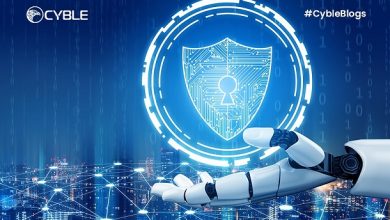Mornsun’s DC to DC Converters: Efficient and Reliable Solutions for Solar Power Systems

As solar power continues to grow in popularity, the demand for reliable and efficient DC-to-DC converters has also increased. Mornsun, a leading provider of power conversion products, offers a range of high-quality DC-to-DC converters specifically designed for solar power systems. This blog will explore the benefits of Mornsun‘s DC-to-DC converters for solar power systems.
What are DC to DC Converters?
DC-to-DC converters are electronic devices that convert a DC voltage level from one level to another. They are commonly used in solar power systems where the voltage generated by solar panels needs to be converted to a different voltage level to match the requirements of other components in the system.
Benefits of Mornsun’s DC to DC Converters
High Efficiency: Mornsun’s DC to DC converters offer high efficiency, which means converting the maximum amount of energy from the solar panels to the load while minimizing losses.
Wide Input Voltage Range: Mornsun’s DC-to-DC converters have a wide input voltage range, allowing them to work with various solar panel configurations and output loads.
Multiple Output Voltage Options: Mornsun’s DC to DC converters offer multiple output voltage options, making them versatile and suitable for various applications.
Robust Design: Mornsun’s DC to DC converters are designed to withstand harsh environmental conditions and provide reliable performance over an extended period.
Cost-Effective: Mornsun’sDC-to-DCC converters offer high-efficiency levels, which means that they can help reduce the overall cost of the solar power system by minimizing energy losses.
Conclusion
Mornsun’s DC-to-DC converter solars are an excellent choice for solar power systems. They offer high-efficiency levels, a wide input voltage range, multiple output voltage options, and a robust design that ensures reliable performance over an extended period. By choosing Mornsun’s DC to DC converters, solar power system owners can improve the energy efficiency of their systems, increase reliability, and reduce costs.



